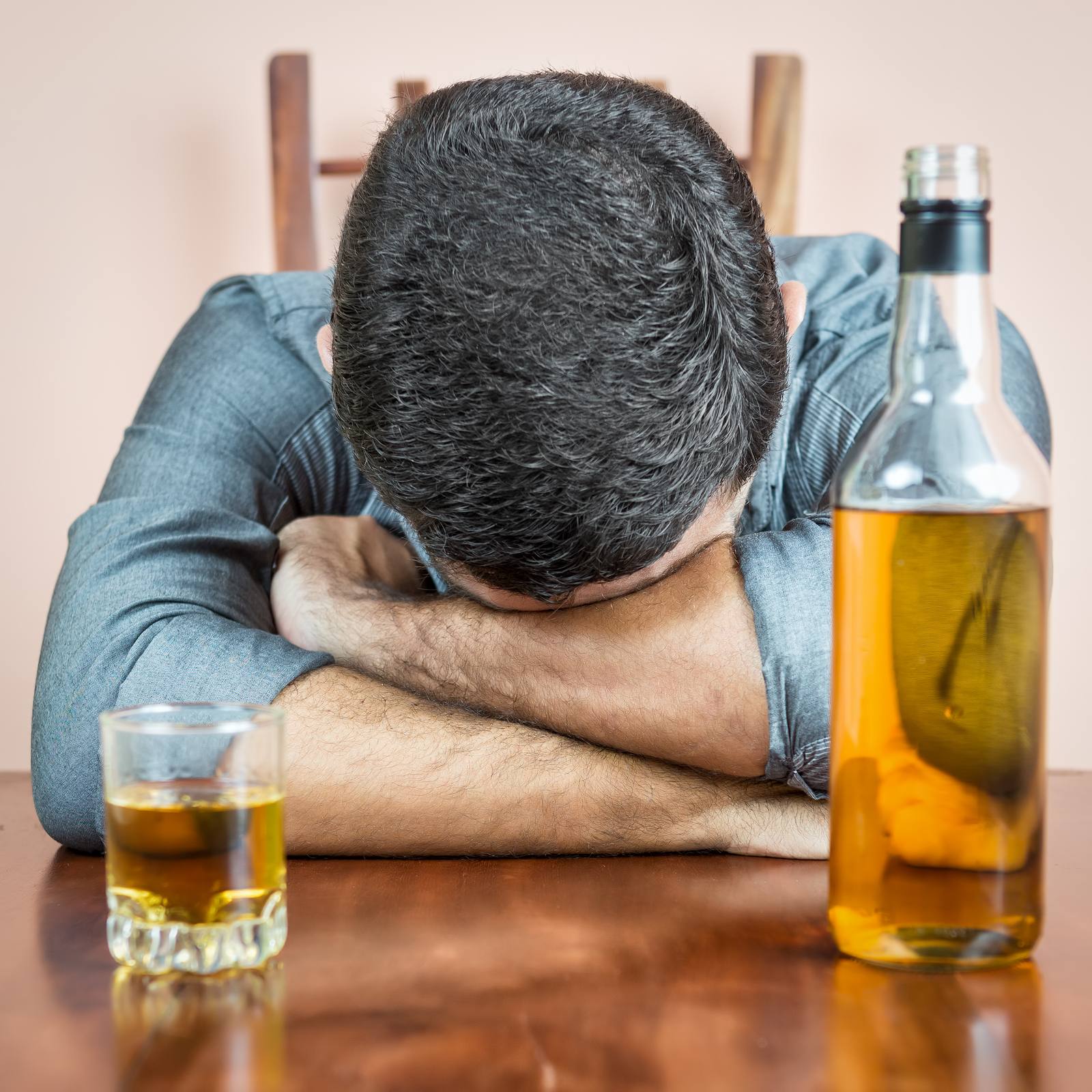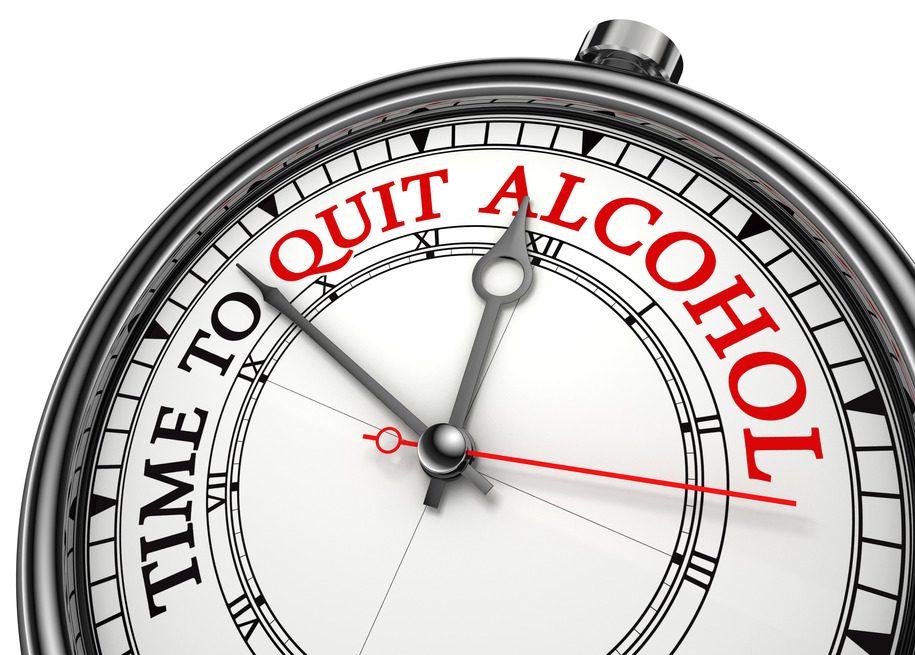Alcohol Consumption consequences

Alcohol Consumption consequences is very high in people with high and compulsive drinking
Alcohol Consumption consequences: How does alcohol make you feel?
Users of alcohol often amaze my understanding. Over the years, I have seen people’s live being wasted in alcohol consumption and so I wanted to find out from users if indeed they are ignorant of alcohol consumption consequences. While on this assignment and I quote doctor Dalal Akoury MD, President, and founder of AWAREmed health and wellness resource center says that “I was sharing with someone struggling with alcoholism to find out the real issues surrounding this substance. His comments were centered around what to him are the benefits he gets when drinking alone or in the company of his friends. He was very happy with the feelings attributed to alcohol listing them one after the other like being calmer, relaxed, being talkative occasionally, less shy and less coordinated and even being warm due to the flushing of the skin occasionally.” It is true that these feelings are realistic with alcohol consumption? but burying one’s mind of the less effective happenings and leaving the most health risks is not being fair to yourself and to the society. Alcohol is not all about what has been shared the reasons why we are sharing every now and again about this substance is because alcohol may slow your reflexes, movement, and thinking. It can make some people aggressive. For others, drinking can depress them or make them more depressed. When people are intoxicated (drunk), they may:
- Have blackouts that are to say that they are losing their memory
- Slur their speech or have trouble walking
- Feeling sleepy or lose consciousness
- Be more likely to have falls and other minor or fatal accidents
- Get alcohol poisoning or even die in the process
- Have slower reflexes and thinking
- Take more risks and make bad decisions that could be life threatening.
Alcohol Consumption consequences: The side effects of alcoholism
It is true that you’re being persuaded to consider stopping your drinking habit for the benefit of your family and to the society as a whole which is, in fact, the right thing to do, however, do we have any consequences of stopping drinking or cutting back instantly? The answer is a big yes. The truth is that those who have been into heavy drinking needs to pull out gradually and not instantly. The gradual pull out helps in reducing bad feelings and other serious physical effects and some of those feelings may include the following:
- Feeling nervous and jumpy
- Have sleep problems
- Have tremors (the shakes)
- Have seizures
- Have hallucinations i.e. thinking that they are hearing or seeing things that aren’t really there.
These feelings are called withdrawal symptoms and can cause fear among users to consent for seeking medication. If this fear has been developing in you and you have no idea on what to do, we have some good news for you. It will interest you to note that because of this and many other factors, doctor Akoury made a decision of creating this medical facility to primarily transform each individual’s life through increasing awareness about health and wellness and by empowering individuals to find their own inner healing power. Besides that doctor, Akoury’s practice focuses on personalized medicine through healthy lifestyle choices that deal with primary prevention and underlying causes instead of patching up symptoms making her the best professional to attend to your addiction needs.
Alcohol Consumption consequences: How does alcohol make you feel?
http://regenerativepotential.com/wp-admin









